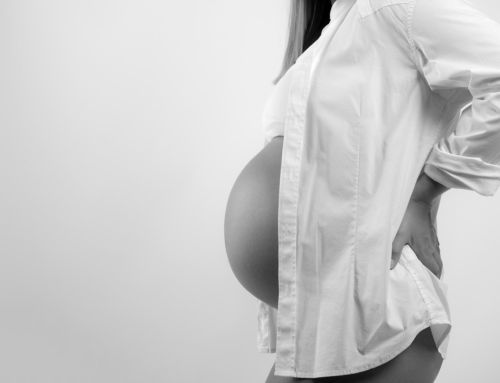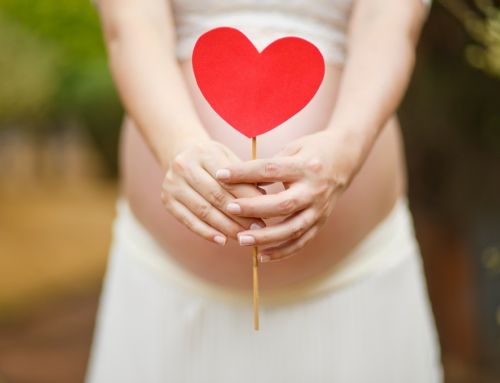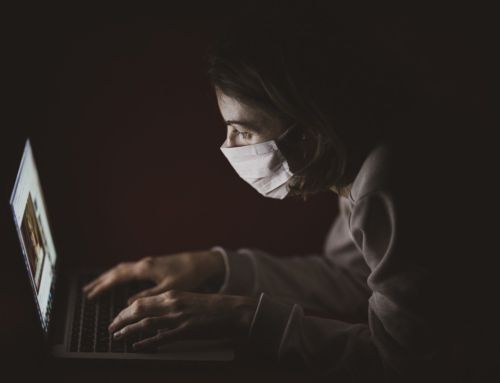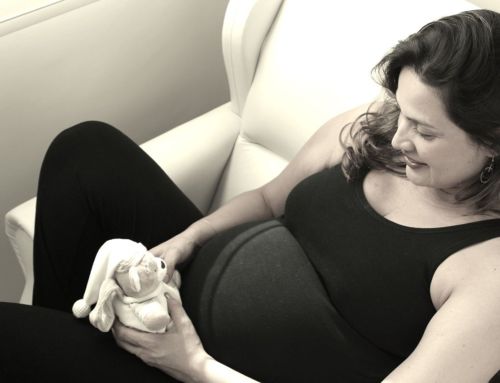All about Itching Belly During Pregnancy
The causes of an itchy belly during pregnancy are varied. Learn about the causes, dangerous risks associated, and how you can tackle with an itchy belly during pregnancy.

What Causes Itchy Belly During Pregnancy?
The itchy belly is very common during pregnancy. In many cases, you can sense itchiness around your breasts, palm, and soles as well. This is mainly because of the stretching of the skin as your pregnancy progresses. The skin stretches and expands, dries out due to lack of natural moisture in your skin tissues. Hormonal changes with the increase in the level of estrogen can also lead to itchiness in your body. The Second Trimester is mostly when your skin near the belly area starts to stretch with the development of the baby inside your belly but in some cases, itchiness can even start in the late first trimester or starting of the third trimester.
Is It Dangerous and Can It affect the baby?
Itchy belly can sometimes be a sign of a serious medical condition and you should consult your doctor immediately it develops to rashes. Below are some of the condition that can develop while you are pregnant:
Pruritic urticarial papules and plaques of pregnancy (PUPPP), also known as polymorphic eruption of pregnancy (PEP), is a chronic hives-like rash that strikes some women during pregnancy. They occur in the third trimester or the last five weeks of pregnancy and sometimes appear after delivery. Women carrying twins or more, and those carrying their first baby are more susceptible to such conditions. PUPPS can possibly spread to other parts of your body such as thighs, buttocks, back, arms, and legs. They could rarely spread to your face, neck, and hands. PUPPS presents no long-term risk for either the mother or unborn child and disappears after delivery.
Prurigo of Pregnancy refers to intensely itchy spots. These are characterized by small itchy bumps on the stomach, limb, or torso which mostly develop in the later second trimesters or sometimes early trimesters in several cases. This is completely harmless to your baby and disappears soon after delivery. If not they might stay up to three months post-delivery.
Pemphigoid gestationis Also referred to as herpes gestationis due to its virus-like appearance, is an extreme skin condition where itchy eruptions begin as hives and turn into large-sized blisters or lesions. It starts near the belly button and spreads to the trunk, arms, legs, palms, and soles. More Breastfeeding is recommended if such a condition develops after delivery. Perphigoid gestationis is a serious condition that can trigger pre-term labor. Fetal growth problems and stillbirth are some critical conditions that can develop due to such conditions.
Intrahepatic cholestasis of pregnancy (ICP) is a severe condition that triggers massive itching. It develops in the third trimester and is a condition connected with the liver where bile does not flow normally. Bile salts accumulate in the skin which can cause intense itch, rashes, and hives. Red rashes mostly on soles, palms, and stomach are more likely. Symptoms of ICP include nausea, malaise, and loss of appetite. ICP is extremely dangerous and can lead to stillbirth
Home Remedies for Itchy Belly
You should consult your doctor to diagnose the actual problem and get its treatment properly and timely. If the itching is not related to any serious health condition and is the symptoms of a normal pregnancy, we have some simple, safe ad natural home remedies that can provide you some relief from itching, rashes, and swelling.
- Coconut Oil
- Apple Cider Vinegar
- Cold compress
- Moisturizer
- Aloe Vera gel
- Baking soda bath
- Oatmeal bath
Calamine lotion and Lotions with Vitamin E are some of the products that are available over the counter and can help in providing some relief from itchy belly during pregnancy.
Prevention
Avoiding – hot water bath, strong-smelling soaps, and gels can help in reducing the itchiness. Wear loose and clean clothes to prevent itchiness. Avoid staying in sun and hot weather as it can dry the skin hence aggravate the itchiness and moisturize your skin frequently using moisturizes that have neutral pH. Most important of all stay hydrated.
If you have any tips to share on how to stop itching during pregnancy, share them with us in the comment section.






